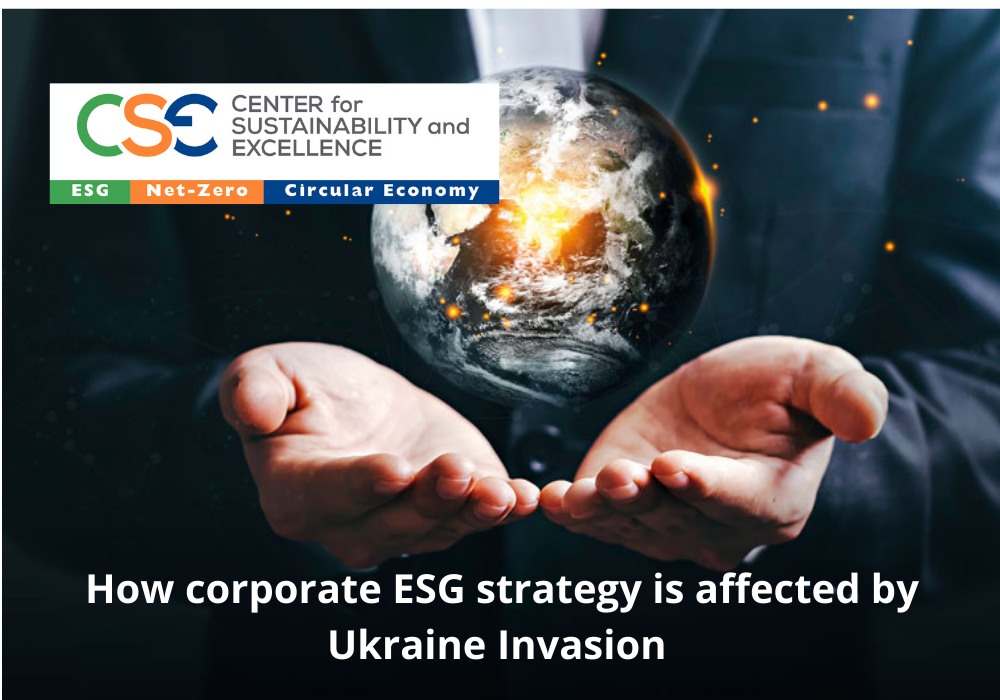A few weeks have passed since Europe has come up against its worst military conflict since World War II, shifting the continent’s landscape on energy transition and investors’ decisions. Russia’s invasion of Ukraine has exposed the failings of fund managers to see the risks a war could pose to their portfolios. Lots of U.S. dollars and euros are invested in Russia and there are big questions on how effective ESG strategies can be.
According to Bloomberg data, ESG funds had $8.3 billion invested in Russia as of Feb. 24, just before the invasion and about 14% of sustainable investment funds are directly exposed to Russia, according to Morningstar Inc. Since then, markets have worsened and the Russian market is now stated as “uninvestable”. Environmental, social and governance investors are faced with dilemmas, while many asset owners are now trying to sell Russian holdings at any price as the country is facing financial isolation due to international sanctions.
Large investment firms are just now taking steps to distance themselves from Russian market and this is the first time that corporate stakeholders are rerouting supply chains to avoid the country’s soil, resources and financial systems.
For example, BP Plc, pressured by the UK government, is selling its nearly 20% stake in Rosneft PJSC. The company owned the stake for about a decade and represented about one-third of BP’s oil and gas production according to CNBC reports. Moreover, the €539 billion Stichting Pensioenfonds ABP, Heerlen, had already reduced its Russian holdings to less than 0.1% by the time of the Ukraine invasion and Norway’s Government Pension Fund Global, with 12.34 trillion Norwegian kroner, managed by Norges Bank Investment Management, froze its Russian investments as requested by the country’s finance minister.
However, Russia’s financial isolation became the trigger to a mounting energy crisis, which is only making things worse. Russia is the largest supplier of gas, crude oil and coal into the EU, providing 40% of Europe’s energy. Russia is also responsible for 7% of global nickel exports and around 6% of global aluminium exports, so there is a significant risk of supply disruption. The price of both nickel and aluminium have both risen as the crisis unfolds.
The US and the UK have announced their plans on banning Russian oil imports and the European Union is taking steps to cut its dependency on Russian gas. At the same time, this decision is putting the European countries at economic risk and sustainable energy solutions cannot react instantaneously to fill the gap. Europe was already taking steps to reach its net zero goal, but now these plans should be implemented exponentially faster, mainly by tripling the installed wind and solar capacity.
As governments are scrambling to find alternative sources to meet the demand, the biggest lesson ESG investors learned is to act before war breaks out, because it is clearly an issue of massive financial impact.
CSE’s consulting and professional education services contribute to supporting healthy corporate responses in the new era of ESG. CSE is proud to support top companies and global organizations through sector-specific guidance and its flagship course, the Certified Sustainability ESG Practitioner Program, Leadership and Advanced Edition 2022. Upcoming digital trainings include Canada, Apr. 7-8 &11 , Seattle, May 12-13&16 and NYC, June June 9-10 & 13







